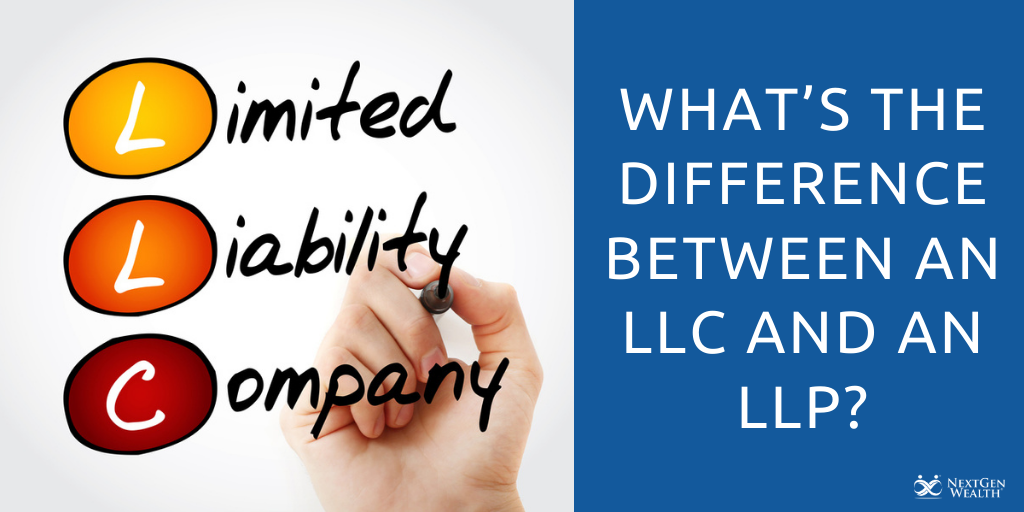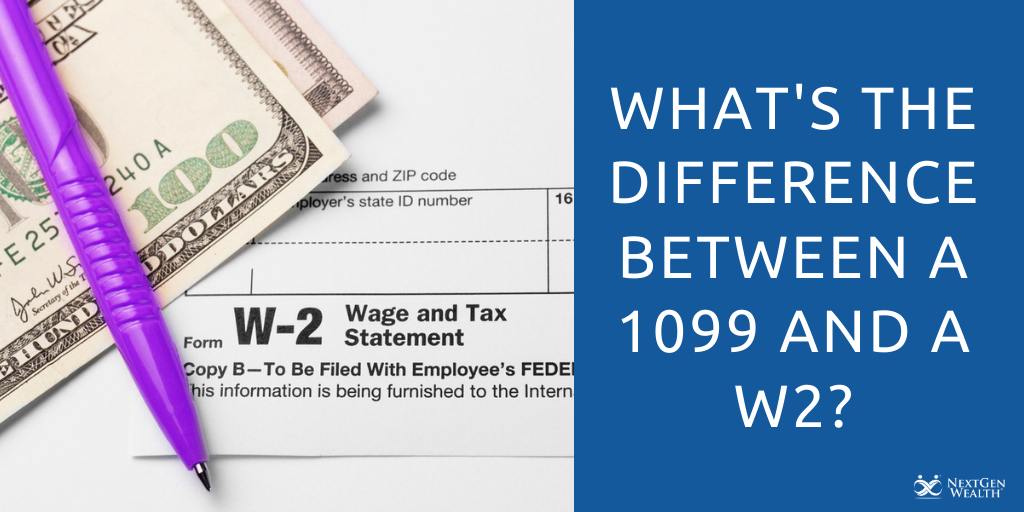The idea of using life insurance as a retirement plan may seem, at best, counterintuitive. At worst, it sounds vaguely fraudulent if you’re not familiar with the intricacies of the life insurance industry. As far as most people are concerned, life insurance is there to support your family after you pass away, not to help you after you retire.
What if you’re the beneficiary of someone else’s policy? Could you use the death benefit you receive for retirement then? Hypothetically, yes.









